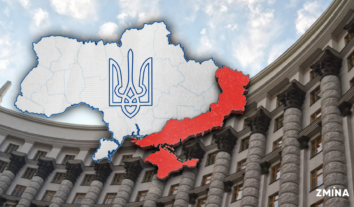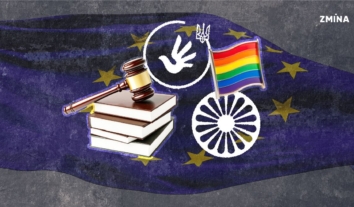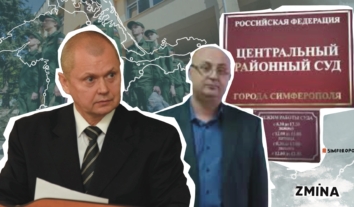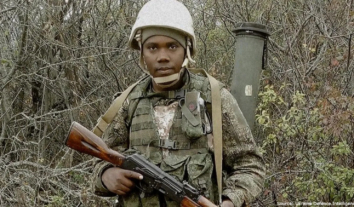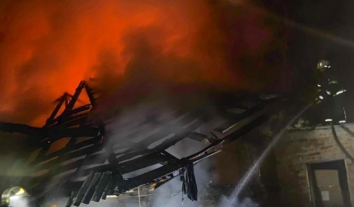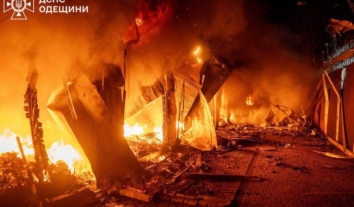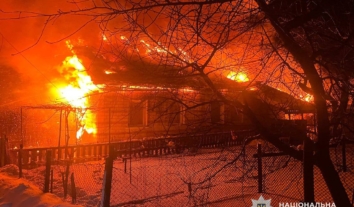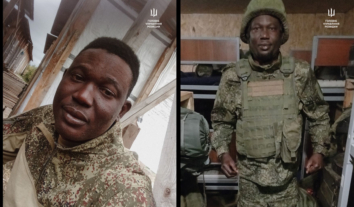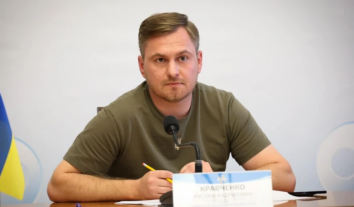“Our priority is to ensure victim-centered justice” – Interview with the Head of the Peace and Human Rights Program at the Swiss Embassy in Ukraine
This week, from June 15 to 16, the Swiss resort of Burgenstock will host a summit on peace in Ukraine. About 100 heads of state and international organizations from around the world are expected to attend. The meeting will discuss nuclear, radiation and food security, the release of all prisoners and the return of Ukrainians deported by Russia, including children. The summit participants are to develop a common vision of building a just and sustainable peace in Ukraine. To this end, a roadmap will be developed during the meeting.
Switzerland, the summit’s host country, provides Ukraine with substantial humanitarian and financial assistance. It allocates significant funds for education reform, demining, digitalization, and energy development, all of which will be crucial for Ukraine’s reconstruction efforts.
On the eve of the summit, Vannay Gaetan, Head of the Peace and Human Rights Program at the Swiss Embassy in Ukraine, told ZMINA how his country is helping Ukraine in the war by searching for missing persons, conducting humanitarian demining, and ensuring justice for victims. They discussed the issue of the Register of Damages and cooperation with civil society organizations in the field of human rights.
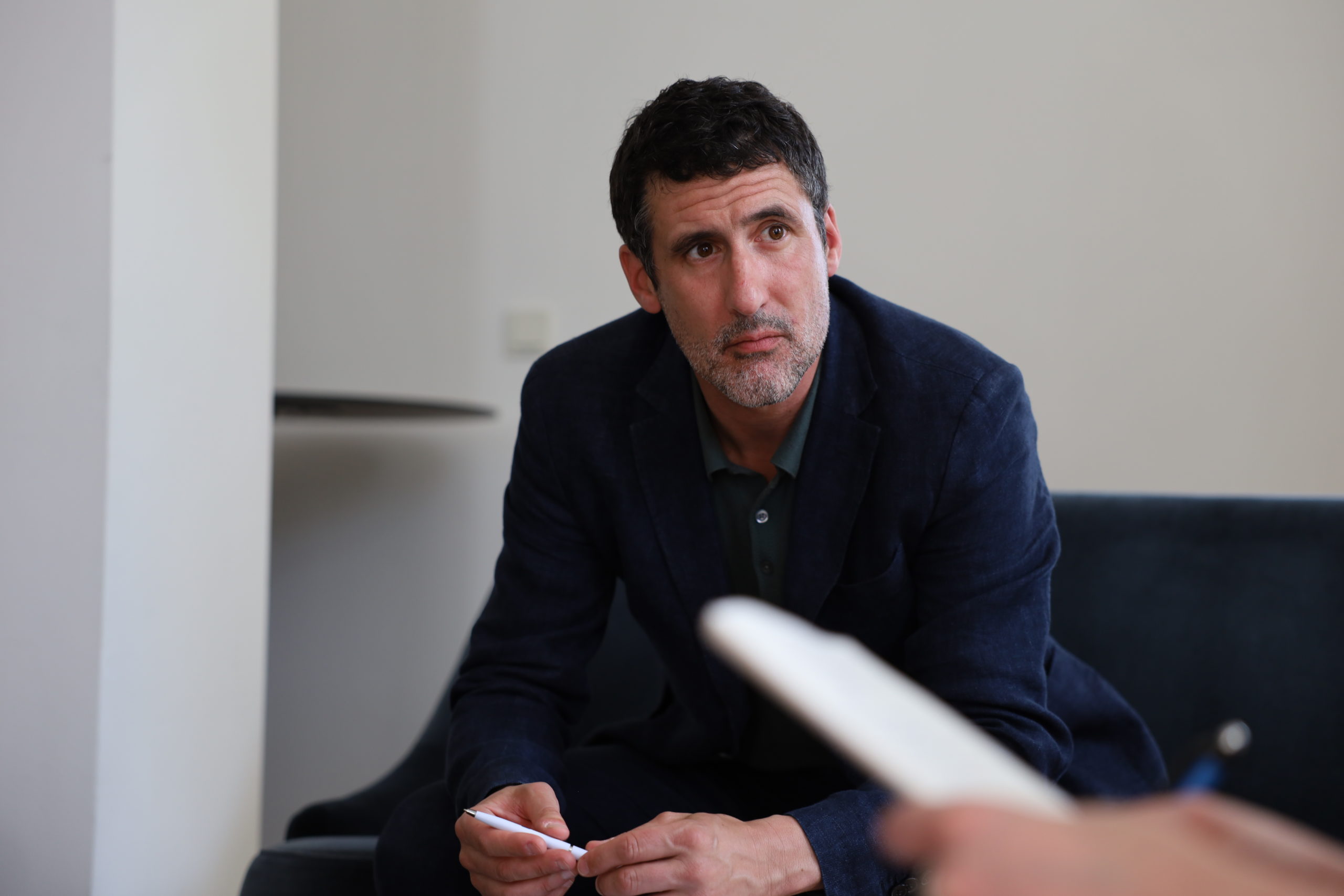
Switzerland and Ukraine have been working on many joint projects in the field of human rights for many years. How has your approach changed since the onset of the full-scale invasion?
The cooperation between Ukraine and Switzerland has been going on not for the last two or ten years, but for almost 30 years. It has been developing in different directions and related to a wide variety of topics, including issues of decentralization, health care, economic support,
etc. But if we talk specifically about the Swiss Peace and Human Rights Programme, which I head, it was launched in Ukraine after 2014. Of course, it has expanded and changed in its very nature, since February 2022.
We adapted it to the new situation in Ukraine. And we had to do it quickly. After 24 February 2022, the Swiss staff of the Embassy of Switzerland in Kyiv was evacuated outside Ukraine. But after three months, already in May 2022, we returned and immediately began work to change our Programme. To do it, we visited different regions and held consultations at the technical and political levels. This allowed us to adapt the Programme to new realities and needs. Of course, we relied a lot on already existing partnerships between the Embassy and
other parties – governmental bodies, civil society, etc. However, we also decided to launch new activities. Our goal, as before, remains the achievement of a just and lasting peace in Ukraine, as well as ensuring justice and accountability.
As the Head of the Peace and Human Rights Programme in Ukraine, do you often make working visits to the regions to independently assess the situation on the ground?
I try to visit different regions as often as possible – from Kharkiv, which I recently visited for the second time as the head of the Peace and Human Rights Programme – to Cherkasy, from Mykolaiv to Pokrovsk. During these field trips, I have an opportunity to talk in-person with
people on the ground. Not only the beneficiaries of our Programme, but also ordinary Ukrainians.
For me, this is a usual approach – to visit a specific location myself and understand what is happening there first hand – partially because I used to work as a reporter and war correspondent before. This is also the strategy and policy of the Embassy of Switzerland in Ukraine. My colleagues from the International Cooperation and Humanitarian Aid units are doing the same field visits. Unlike other embassies, we try to visit the regions all over the country as often as possible, keeping in mind all safety issues. Besides, we also have a network of partner civil society organizations in the regions. They often have access to the local information and locations we need to visit. They also know
better about the situation on the ground in general.
What questions do you ask ordinary Ukrainians?
It largely depends on the specific situation and the person. I always want to talk to them about things that are relevant to them. I want to hear their opinion on what is happening in Ukraine and how it influences their life. I do not want to start a conversation with closed questions,
the answers to which can be predicted in advance.
They also may have some questions to ask me, for example, why Switzerland cannot send weapons to Ukraine or how Switzerland is helping Ukraine. Sometimes they may criticize Switzerland, it is important to hear them, address their concerns and be in the dialogue.
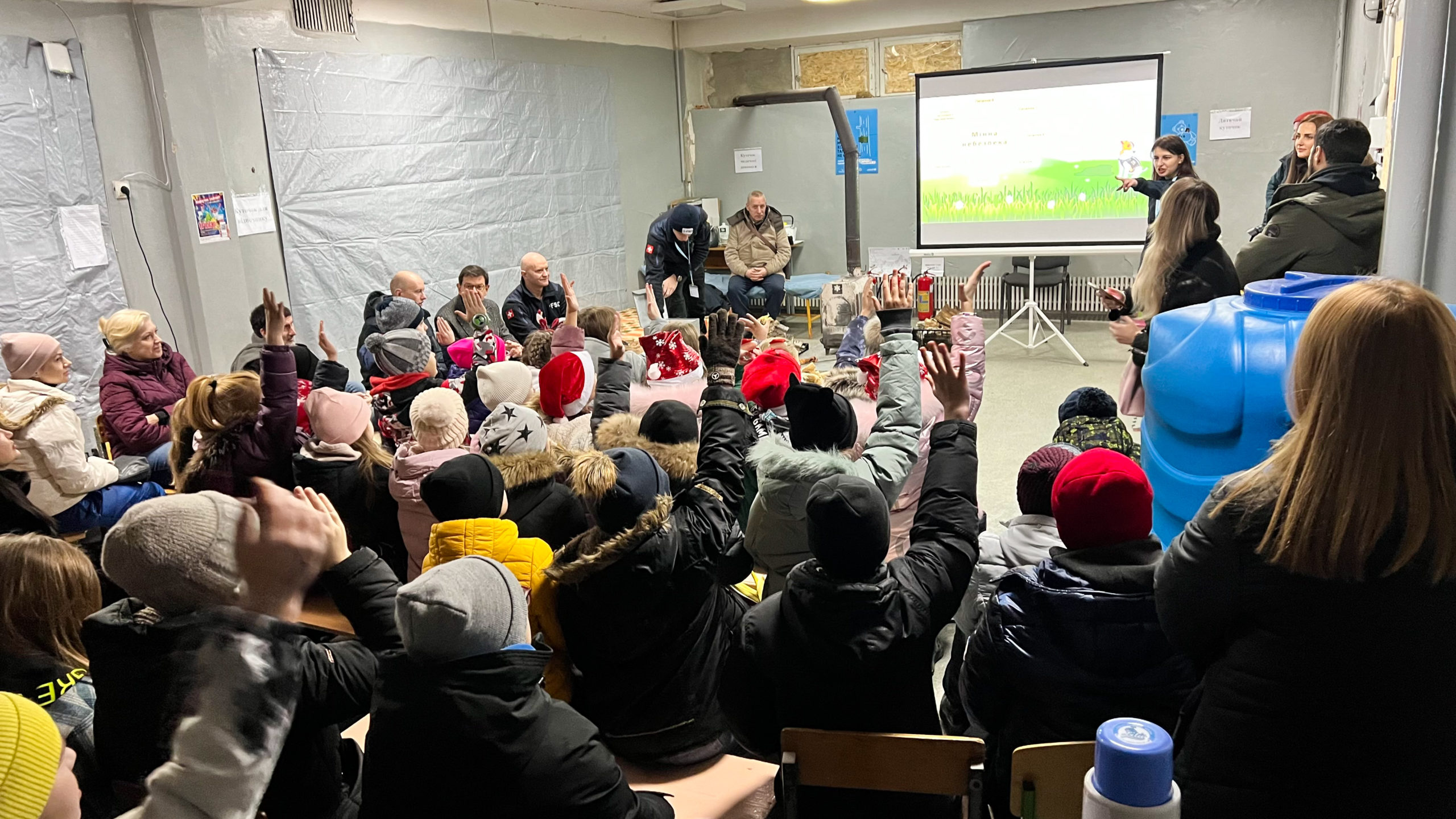
The Embassy of Switzerland in Ukraine actively cooperates with non-governmental organizations. What results do you see?
There are many of them, and the results we see are fruitful, despite all wartime challenges they are facing. For example, we cooperate with the Crimean Human Rights Group and the Eastern Human Rights Group in monitoring violations of human rights and international humanitarian law, and with Zmina on the issue of tortures. Truth Hounds cooperates with us in training and mentoring support for judges and prosecutors. This way, we try to ensure that their activities meet international standards of justice, and the cases they are working with
can be accepted in the courts of other countries with international jurisdiction. We cooperate with the Institute for Peace and Common Ground (IPCG) on the issues of peace building, social cohesion and transitional justice.
What areas of assistance to Ukraine are a priority for the Swiss Peace and Human Rights Programme in Ukraine?
The first direction is accountability. It includes monitoring human rights violations in the temporarily occupied territories, based on the international humanitarian law. We have been supporting those efforts since 2014. And after 2022, we increased the scale of our activities.
The second direction is justice. And our priority here is to ensure justice that focuses on the victims, their situations and needs. For this, we cooperate with the Ukrainian government and the Office of the President. We also help with the Register of Damage for Ukraine. In that
frame, we finance consultations with affected persons to understand who they are and what damages and losses they have suffered, to ensure that all type of victims are considered.
The third direction is searching for missing persons. Uncertainty about the fate of loved ones has a profound emotional, psychological, social, economic and legal impact and affects the stability of societies. It is not only about the military, but also about civilians. So, it is extremely important for us.
The fourth direction is related to recovery and reconstruction. And first of all, it is humanitarian demining. Switzerland has allocated 100 million Swiss francs, or around 103 million euros, over the next four years for this purpose.
In addition, we are engaged in activities related to peace building. In particular, our Programme is currently actively involved in the preparation and organization of the Summit on Peace in Ukraine, which will be held in Switzerland.
Could you tell us more about the search for missing persons, as recently Ukraine and Switzerland signed agreements on cooperation in this area?
Indeed, such an agreement between our two governments was signed. We had been in constant contact with the Commissioner for Missing Persons in Special Circumstances. We among others provided equipment – computers, printers, telephones and servers – to their regional offices. We are also actively cooperating with the Coordinating Headquarters for the Treatment of Prisoners of War and the State Scientific Research Institute of Forensic Expertise. We have been providing their regional centres with equipment for the DNA analysis, and not only in Kyiv, but also in Zaporizhzhia, Mykolaiv, Cherkasy and Rivne. We have also provided equipment for the preservation of human remains. We did this activity last year and plan to continue it, taking into account existing and new needs.
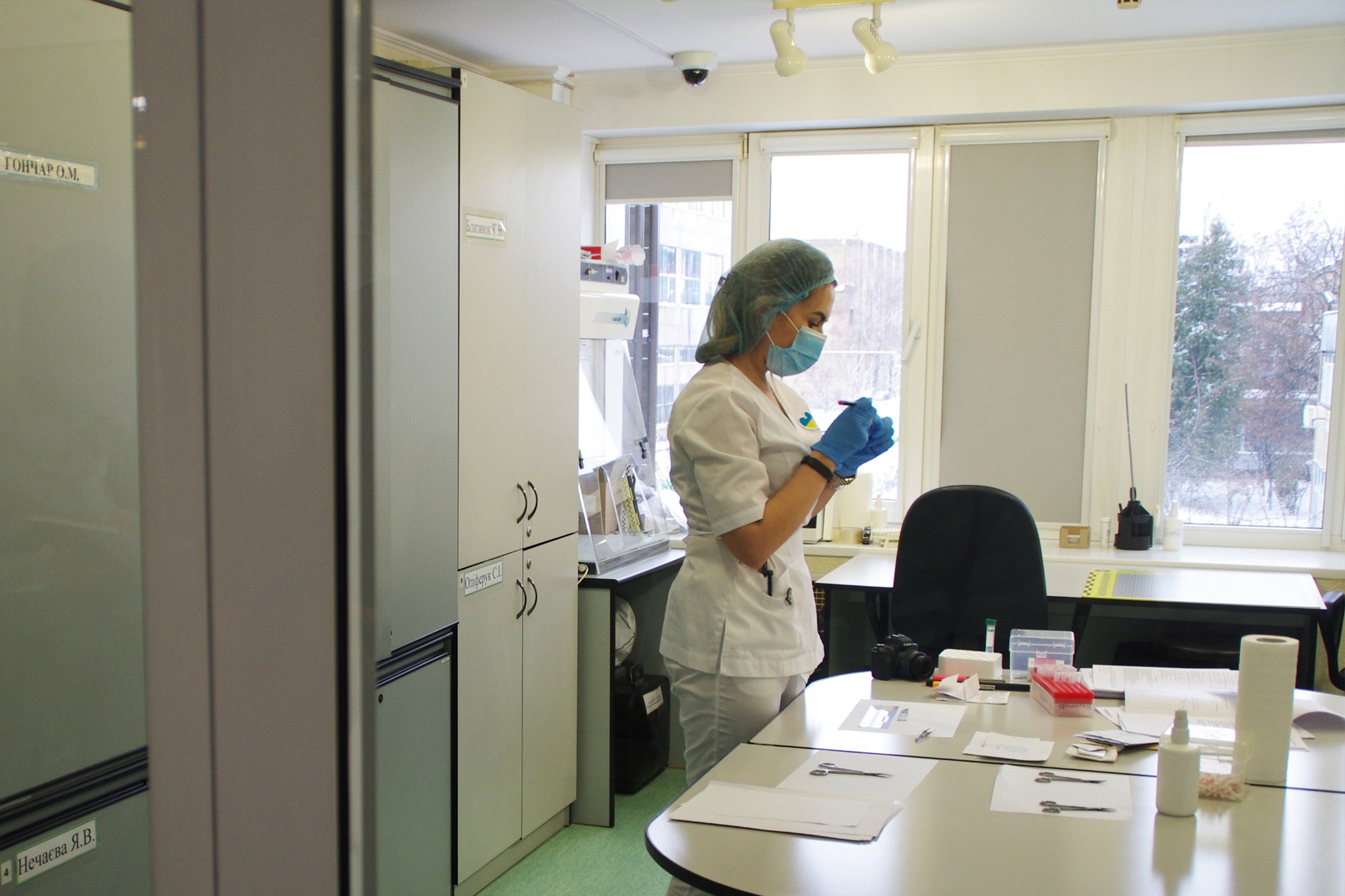
Do you cooperate with the International Committee of the Red Cross, whose headquarters are located in Switzerland, and how do you assess its work in Ukraine?
We cooperate with the ICRC. In particular, we finance the Bureau of the Central Tracing Agency of the International Committee of the Red Cross. Its main office is located in Geneva, and its main goal is to collect and centralize information on the possible whereabouts of people who are entitled to protection under international humanitarian law – both Ukrainians and Russians. In such cases, the Bureau acts as a neutral intermediary, which conveys relevant information to one or another party.
I am aware that the ICRC receives a lot of criticism. Now, it is criticized less than before. I would not like to act as their lawyer here and talk about exactly how they work and what policy they follow in Ukraine. But we know for sure that they do everything according to
their mandate. And all this for the sake of doing their job as well as possible. We also encourage representatives of the authorities of both sides of the conflict to cooperate with the ICRC. All parties benefit from ICRC’s work, especially people who do not know the whereabouts of their relatives, both on one side and on the other.
What does respect for human rights mean to you?
Article 54 of the Federal Constitution of the Swiss Confederation clearly states that Switzerland respects human rights and encourages other countries to do the same. While the priority of our foreign policy is the observance of human rights and ensuring the peaceful coexistence of different peoples. The fact that it is enshrined in the constitution of our country shows how important these issues are for us. Thus, the Programme that I head in Ukraine is guided by the same principles – to promote the restoration of peace and the observance of human rights.
To share my personal opinion, as I said before, I used to work as a war correspondent for over 15 years. Among others, I was in Donbas 2014, Libya 2012, Syria, Ivory Coast, the Democratic Republic of the Congo, the Caucasus, Georgia in 2008. I saw my role as coming to the scene of a conflict – in a hot phase or frozen, to witness and inform people about what is happening there and how this conflict and its consequences affect the population of affected countries or regions. Then it is up to other actors to take this information into consideration and act upon it, being civil society or governments. So, today I am in that position of an actor who should consider the facts and act. If before I just collected
information and passed it on, now my task is to be one of those who do something.
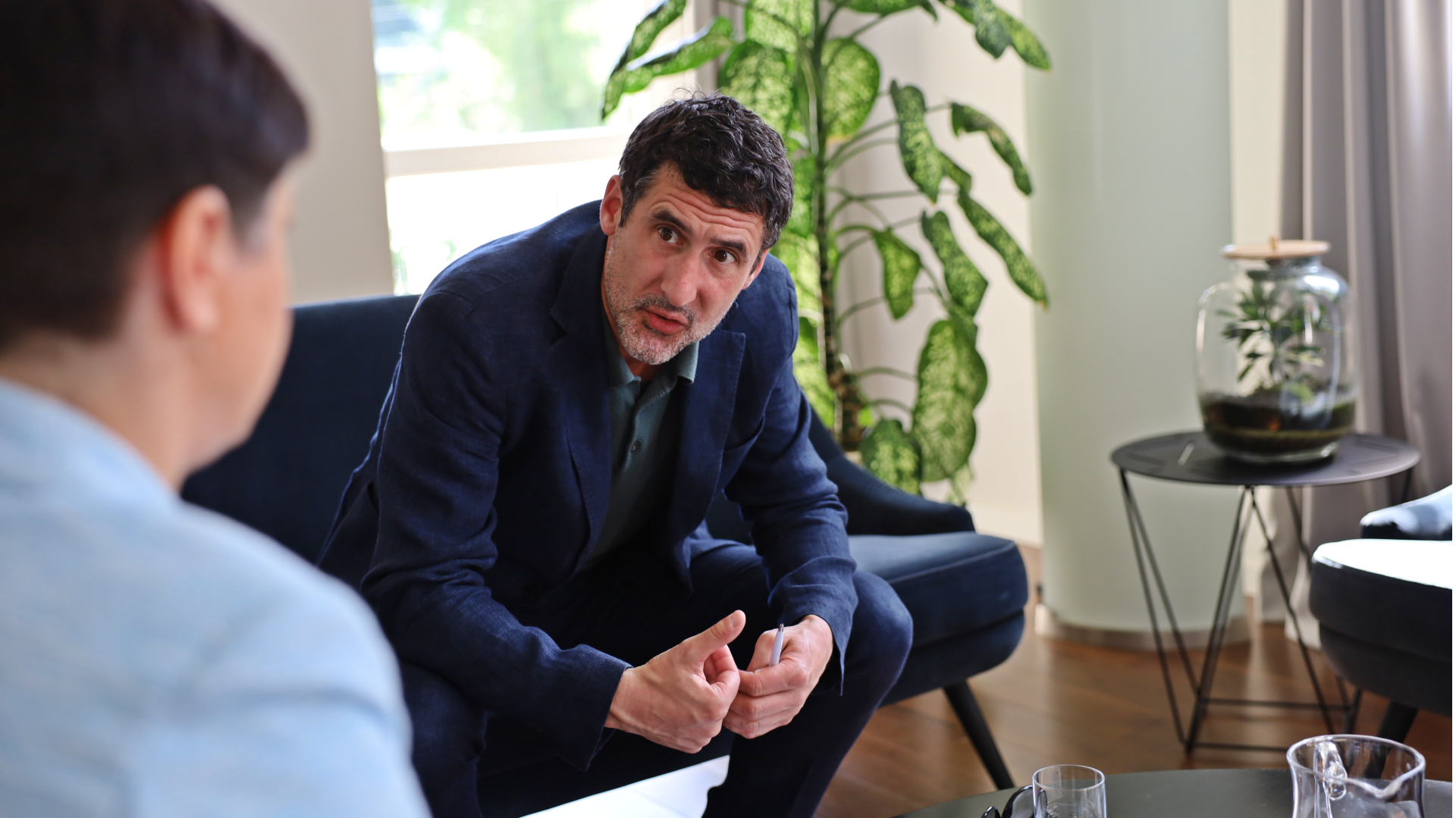
Recently, representatives of Switzerland Nemo won Eurovision 2024 with the song The Code. He is the first non-binary person to win the competition. Does Switzerland support any projects to support the LGBT+ community in Ukraine?
As I mentioned earlier, our focus is on people who have experienced some form of violence. That is, our task is always to carry out advocacy work aimed at combating any discrimination. If we talk about specific projects, last year we provided support to the film festival Sani Bani, which focuses on the theme of the LGBT+ community. On that specific topic, in Ukraine, we mainly act, via multilateral mechanisms.
Please tell us more about humanitarian demining?
In 2023, Switzerland allocated 15.7 million Swiss francs for humanitarian demining of Ukraine. I already mentioned that Switzerland has allocated 100 million Swiss francs for 2024-2027.
Concretely, you may have heard about the workshop that took place in Kyiv this spring and was dedicated to humanitarian demining. It was supported by Switzerland. Switzerland is also a co-organizer of a conference on the same topic, which will be held in Lausanne,
Switzerland, in October 2024.
Our main priority is the demining of social infrastructure objects (schools, hospitals, etc.), recreational areas and agricultural lands, as well as the provision of equipment and technical assistance. We cooperate with the Swiss Foundation for Mine Action (FSD). They have been working in Ukraine since 2015. We support their efforts on demining in Kharkiv region. We plan to launch the same large-scale project in Kherson region.
Demining and rehabilitation of agricultural land is another priority of ours. This is an activity within the framework of the programme jointly implemented by the World Food Program and the UN Food and Agriculture Organization.
We also support efforts to raise risk awareness. We are conducting it together with the Swiss Foundation for Mine Action (FSD). It includes working with children in schools – online or offline.
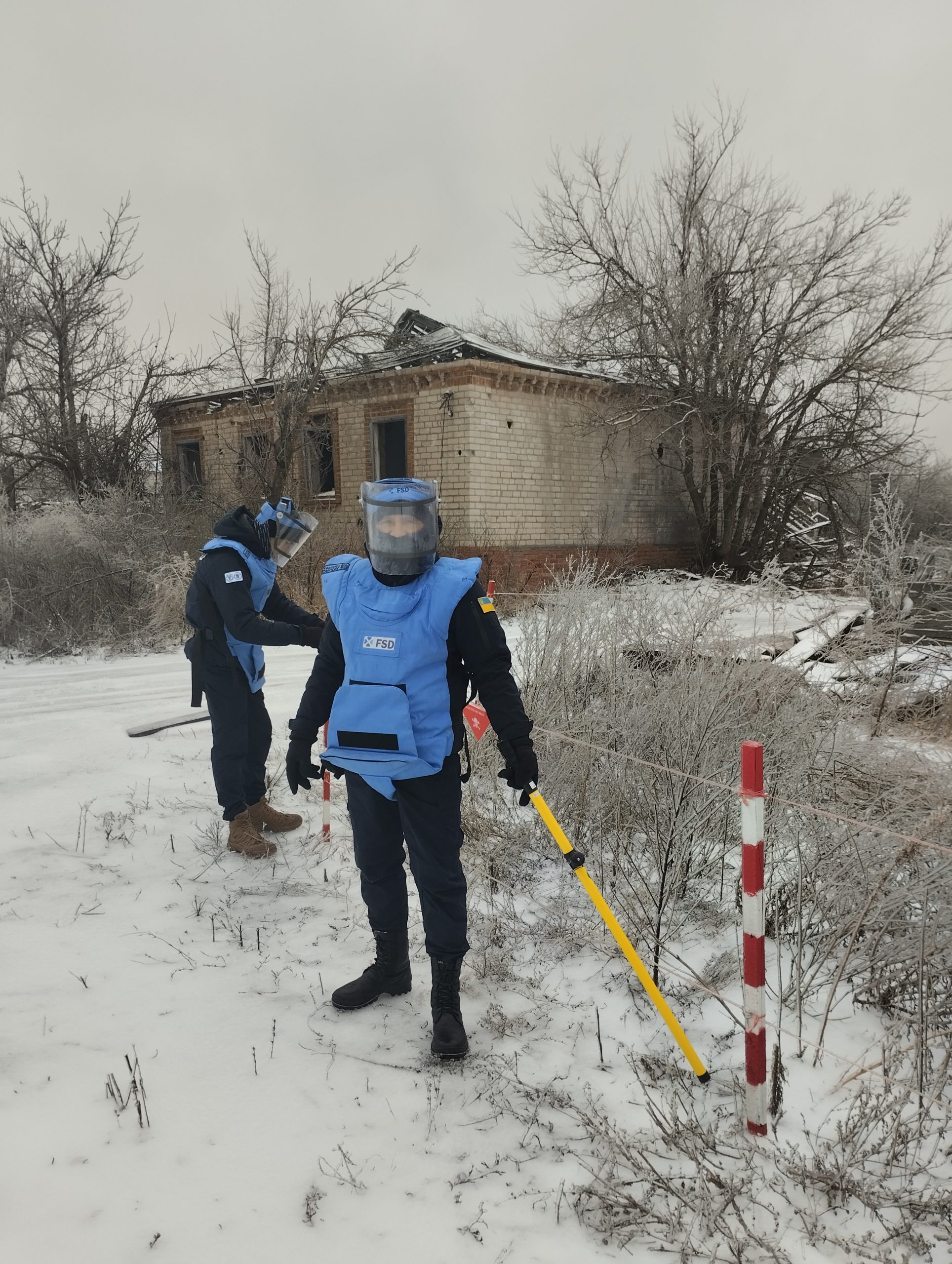
Similar Peace and Human Rights Programmes exist in Swiss embassies around the world. Is the context of Ukraine, the approaches that Switzerland applies here, in some way different from others? Do you apply the experience of other countries here or vice versa?
The Peace and Human Rights Programme is special. We implement it in about twenty countries with complex contexts. We mainly focus on countering acts of cruelty, violence and war. Each such programme has its own specificity, which depends on the context of the country where it is implemented. The experience we have gained in these countries allows us to conduct similar activities in other parts of the world. But on condition of their adaptation to local realities. That is, it should not be a blind copying of what has already been done before
and elsewhere.
Unfortunately, the scale of human rights violations during the full-scale war in Ukraine is astounding. At the same time, it is important that the public in Ukraine and the world does not close their eyes to this. In your opinion, how can interest in the topic of human rights violations in Ukraine be maintained in countries such as Switzerland?
If we talk about some kind of general vision, then this is rather a question for those who are engaged in journalistic activities, and not for us. In my opinion, it is necessary to inform about what is happening in Ukraine in such a way as not to overload people with information.
It will be enough to simply report the facts that speak for themselves. Here we can recall the events in Bucha and what a shock it was to many people around the world.
I can also mention the Swiss journalist who received two prestigious international awards for her coverage of the events in Bucha. From this, we can conclude that the Swiss public is informed about what is happening in Ukraine.
There is interest in this topic among the Swiss population and the high level of solidarity with Ukrainians. It should be mentioned that Switzerland accepted about 80,000 refugees from Ukraine. More than 65,000 of them are still in Switzerland. That is, the Swiss people monitor what is happening here and continue to support Ukraine as much as possible.


